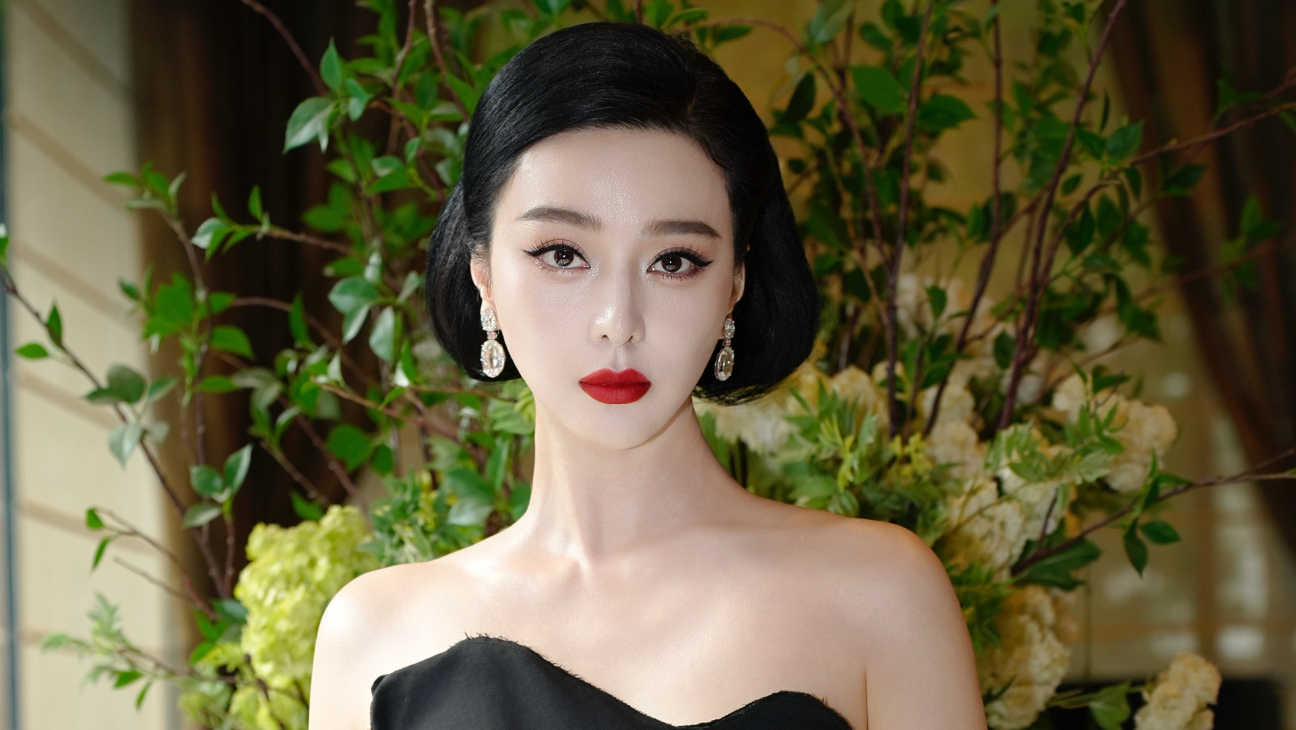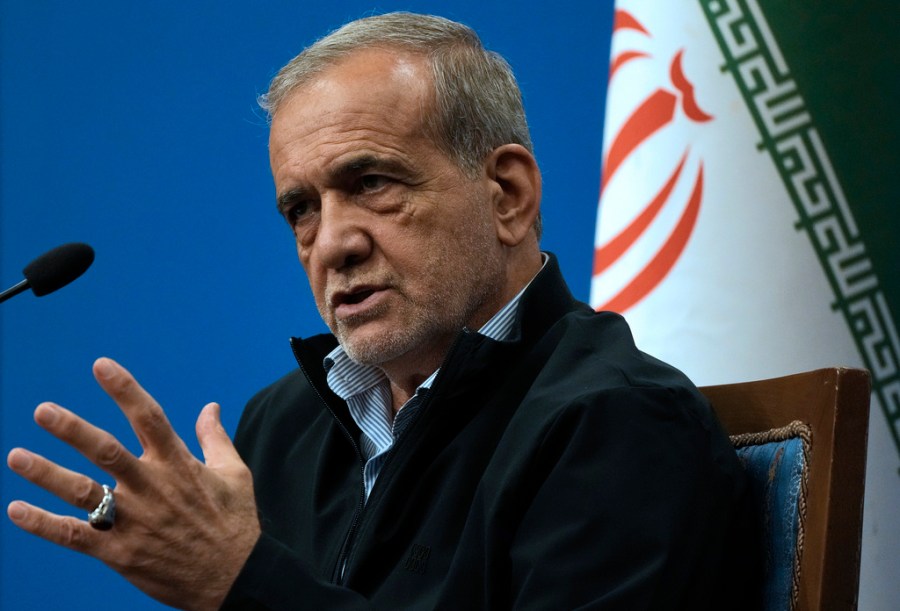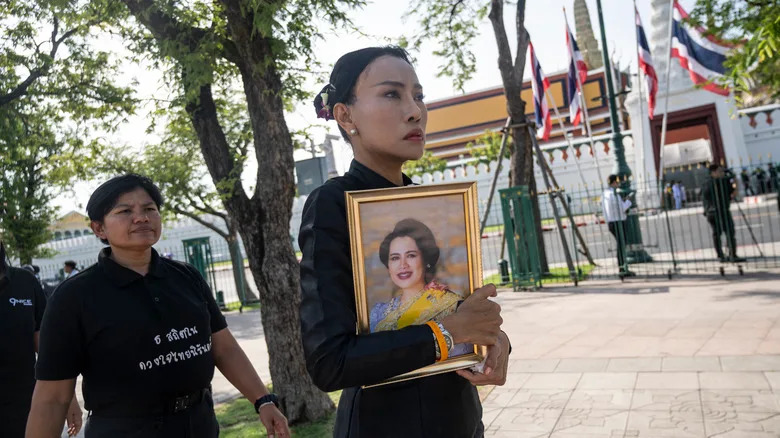Chinese actress Fan Bingbing has made a significant return to the spotlight at the Tokyo International Film Festival, 15 years after winning the Best Actress award for her role in Buddha Mountain in 2010. In her latest film, Mother Bhumi, she portrays a complex character that has garnered critical acclaim for its depth and authenticity. Fan’s transformation into a single mother, farmer, and spiritual healer showcases her commitment to exploring new facets of her craft.
In Mother Bhumi, directed by Chong Keat Aun, Fan’s character navigates the intricate issues of colonial legacy, ethnic tensions, and family dynamics within a rural Malaysian village. The film’s stunning visuals, captured by cinematographer Leung Ming-kai, make full use of the picturesque Bujang Valley setting, enhancing the narrative’s emotional impact.
Once recognized as China’s highest-paid actress, Fan’s career faced a dramatic downturn due to allegations of tax evasion, resulting in fines and retroactive tax bills reportedly totaling around $100 million. Following a five-year absence from the screen, her performance in Mother Bhumi indicates a potential renaissance, as she delves into roles that challenge her as an artist.
During an interview with The Hollywood Reporter at the festival, Fan discussed her motivations for joining the project and the rigorous preparation she undertook to embody her character. She expressed admiration for Aun’s unique cinematic style, having previously seen his films Snow In Midsummer and The Story of Southern Islet.
“I was deeply moved by the story,” Fan said, highlighting the character’s duality as a farmer by day and a spirit medium by night. The preparation process was arduous, particularly regarding the language barrier, as she had to learn multiple dialects far removed from her native Mandarin. Fan practiced diligently for several months before filming, ensuring that language would not hinder her performance.
To authentically portray her character’s farming life, Fan spent time living with local farmers in Kedah, Malaysia, where she learned the intricacies of rice cultivation and the realities of rural life. “The most difficult part was working in the flooded rice paddies,” she noted, recounting her experiences with snakes and insects.
Fan’s commitment extended to understanding the spiritual aspects of her character, which were influenced by the director’s father, a renowned healer. She studied his rituals closely, aiming to capture the nuances of his expressions and methods.
Reflecting on her five-year hiatus from the film industry, Fan remarked on the valuable insights she gained. “This period of reflection allowed me to understand life more deeply,” she said, emphasizing the importance of resilience in the face of adversity.
As she navigates opportunities in international cinema, Fan has worked with filmmakers across Asia and Hollywood. She noted the differences in production styles, with Hollywood being more structured compared to the organic nature of Malaysian filmmaking.
While she recently completed a film in Japan directed by Wang Ying, based on a novel by Jun’ichirō Tanizaki, Fan remains candid about her future in Chinese cinema. She expressed concern over the lack of diversity in the current film landscape, pointing to a decline in box office revenues and a shift in audience preferences towards shorter online dramas.
“There are still people making art-house films in China, but it’s getting harder,” Fan stated, urging for more support for independent filmmakers. She reminisced about a time when arthouse films could achieve significant box office success, an environment that has diminished in recent years.
In closing, Fan Bingbing’s return to the screen with Mother Bhumi not only marks a personal triumph but also highlights the broader challenges facing the film industry in China and beyond. Her transformative performance serves as a reminder of the power of storytelling and the resilience of artists in navigating their careers.







